Week 11: Zechariah - 1
Zechariah 1-7
Objective:
-
Vision of the Horses
-
The Lord Will Comfort Zion
-
Vision of the Horns
-
Vision of the Measuring Line
-
Future Joy of Zion and Many Nations
-
Vision of the High Priest
-
The Coming Branch
-
Vision of the Lampstand and Olive Trees
-
Vision of the Four Chariots
-
Obedience Better than Fasting
-
Disobedience Resulted in Captivity
Resources:
- Fr Tadros Y Malaty Commentary
- Catena Bible Commentary
- Fr Dawoud Lamie Bible study (Arabic)
- Minor Prophets SUSCOPTS
Activity for every week: Can you recite the 12 minor prophets?
Reading:
- Zechariah 1:7-21
- Zechariah 2:1-13
- Zechariah 3:1-10
- Zechariah 4
- Zechariah 6:1-8
- Zechariah 7
Key verse(s):
"‘Not by might nor by power, but by My Spirit,’ Says the Lord of hosts.” Zechariah 4:6
NOTE TO SERVANT:
-
Please plan to ask and review these questions every week:
- Who are the minor prophets? Can you recite them?
- The theme for last week's minor prophet
- Highlight Messianic prophecy
- Who are the minor prophets? Can you recite them?
Minor Prophets introduction:
-
The Major and Minor Prophet division of the Holy Bible does not denote the importance or rank of the writing prophets, but the length of the Holy Books which bear their prophecies.
- Ex: Jonah 4 chapters - Isaiah 66 chapters
- There are 12 minor prophets and 4 major prophets (5 books including Lamentations)
- In the Tanakh (Hebrew Bible), all these books were listed under "prophets". In the Septuagint and Vulgate translations, this classification of major and minor was mentioned.
- The prophet in the OT was someone who passed God's message to the people. A prophet in the NT is also someone who passes God's message or news (God's love and salvation for all mankind).
- In the OT, there were many prophets (Moses, David, Elijah, Elisha, etc.), but when we refer to the "Prophets", we refer to the ones who recorded their prophecy.
- All prophecies had one goal: Repentance!
- Recorded prophecies were split into three groups: Before, during, and after the exile.
- Before: Repent so God doesn't bring the exile
- During: Repent so God can end the exile and take us back to our land
- After: Repent because the Messiah is coming
- The books of the prophets are rich with Messianic prophecies. Our Lord fulfilled all.
- The meaning of the names of the prophets is usually the message of their writings.
- The prophetic books always start with a strong tough message and then end with a joyful promising message.
- All books have different themes. All books have the same message (repentance).
-
|
Minor Prophets |
||
|
Before Assyrian Captivity Directed to the North Kingdom |
After Assyrian and before Babylonian captivities Directed to the South Kingdom |
After Captivity |
|
1. Hosea 2. Joel 3. Amos 4. Obadiah (Edom) 5. Jonah |
6. Micah 7. Nahum (Nineveh) 8. Habakkuk 9. Zephaniah |
10. Haggai 11. Zechariah 12. Malachi |
NOTE TO SERVANT:
- Zechariah will be divided into two parts to be covered over two weeks:
- Week 1: Ch.1-7 --> Zechariah's visions
- Week 2: Ch.9-14 --> Zechariah's prophecies
Comments:
Theme of Zechariah: The coming of God's kingdom
Messianic Prophecy: Entering Jerusalem (9:9), Thirty pieces of silver (11:12), His wounds (13:6), The piercing (12:10), The suffering shepherd (13:7)
- Zechariah means "Jehovah remembers"
- Zechariah was one of the three minor prophets who appeared after the return from exile
- Zechariah started his prophecy before Haggai the prophet by only a few months
-
As the son of Berechiah and grandson of Iddo, he came from one of the priestly families of the tribe of Levi
-
He was born in Babylon and was brought by his grandfather to Palestine when the Jewish exiles returned under Zerubbabel
-
Zechariah uses a series of eight visions, four messages, and two burdens to portray God's plans for His people
- The book is second to Isaiah in prophecies
- The book is second to Ezekiel in visions
- The book can be broken down into three parts:
- Part 1: Ch. 1-6: Visions
- Part 2: Ch. 7-8: Fasting
- Part 3: Ch. 9-14: Messianic Prophecies
- The book has some clear prophecies about Christ:
- Entering Jerusalem (9:9)
- Thirty pieces of silver (11:12)
- His wounds (13:6)
- The piercing (12:10)
- The suffering shepherd (13:7)
- Zechariah 1:
- Vision of the Horses
- The angels came and surveyed the earth and went back to God (the man riding on a red horse who stood among the myrtle trees)
- Man riding a red horse is similar to the one in Revelation
- The angles reported to God that the earth was ready for Him to come
- Zechariah 1:12: The Son is talking to the Father
- Vision of the Horns
- V.19: The four kingdoms that ruled over them (Babylon, Persia, Greece, Rome)
- The four craftsmen: The four evangelists
- They will "coming to terrify them, to cast out the horns of the nations that lifted up their horn against the land of Judah to scatter it"
- They will come to deliver the Good news to people
- Vision of the Horses
- Zechariah 2:
- Vision of the measuring line
- After measuring Jerusalem, the angel found it was very big. This will lead to having a "multitude of men and livestock in it"
- This represents that the earth (Jerusalem) will have no limit to who will be with Christ. This Jerusalem that was able to have everyone, has no walls. God is the one protecting His people and also is in their midset
- This is the Heaven in the book of Revelation "of all nations, tribes, peoples, and tongues"
- V.6: God is telling the rest of the Israelites to come back from the land of captivity (north) because Jerusalem is big and can fit everyone
- V.8: The Son is telling His people that the Father sent Him to gather everyone (all nations). And "who touches us touches the apple of His eye" means God will protect us
- V.12-13: Talks about the Lord's crucifixion "He is aroused" and saving those who were captives "the Lord will take possession"
- Vision of the measuring line
- Zechariah 3:
- Vision of the High Priest
- Joshua the high priest was being judged in front of God. Satan was there to oppose Joshua
- God defended Joshua and asked the angels to cloth him with new clothes and turban
- The clothe resemble Joshua's sin, and the new clothes represent God forgiving his sins and clothing him with new clothes
- V.10:
- Servant: Christ took the form of man and looked like a servant
- Branch: it's the same meaning as "Nazarene"
- Stone: He is the chief corner stone
- All these three titles are Messianic prophecies that were fullfiled by Christ
- Vision of the High Priest
- Zechariah 4:
-
Vision of the Lampstand and Olive Trees
- Lampstand = Church
- Gold = Pure - Heavenly
- Bowl = Christ
- Lamps = Sacraments
- Seven = Complete number
- Source of oil = Two olive trees
- The lampstand represents the Church that is full of oil Which is the Holy Spirit. The works of the Holy Spirit in the church is complete/perfect (seven) through the sacraments (lamps). Works of the Church is always connect with Christ (Bowl). The two olive trees are the source of the oil that tell us the source is a heavenly and continous source.
- V.7: A comforting verse to Zerubabel and us that God will transform any mountain (problem/sorrow) to a plain (solution/joy/blessing)
- V.14: The verse shows the three hypostases.
- God the Son and God the Holy Spirit (the two olive trees) will fill the Church (Lampstand) with the spiritual heavenly works.
-
- Zechariah 5:
-
Vision of the Flying Scroll
-
Vision of the Woman in a Basket
- Not discussed
-
- Zechariah 6:
- Vision of the Four Chariots
- Red Horses: Babylonian kingdom
- Was already defeated in history at the time of Zechariah. That is why it was not mentioned again
- Black Horses: Persian kingdom
- Going up North = Going North to defeat Babylon
- White Horses: Greek kingdom
- Dappled Horses: Roman kingdom
- Bronze mountains = Strong mountains
- The four horses came out of the Bronze Mountains. These are the four kingdoms that ruled over the world in the OT before the coming of Christ. Bronze means that God's will and judgments are firm and unchangeable.
- We learn that everything that happens in the world is God's will. He allows kingdoms to rule and things to happen for our purification and salvation. He is strong and in control of everything (Pantocrator).
- Red Horses: Babylonian kingdom
- Vision of the Four Chariots
- Zechariah 7:
- The chapters discuss the spirituality of the fast
- V.4-5
- They asked about fasting about the fifth month, but God answered regarding the fifth and seventh months
- God does not want (or wait) for our fast. We fast because we need to show our meekness and humility and because of our sins. We humble ourselves in front of Him through our fast.
- V.6
- When we eat or fast we do it for ourselves, not for God
- God is reminding us that even when we eat or break our fast, we should do it with the spirit of Thanksgiving
- When we eat or fast we do it for ourselves, not for God
- V.7 - God is reminding them that he had spoken to them about these things through His prophets who told them that there are consequences to their sin
- V.8-10 - God is reminding them to be fair in their judgments
- V. 11 - "shrugged their shoulders" means they refused to listen to God and the prophets
- This chapter can be summarized that God wants mercy not sacrifice. God wants the heart to fast and repent, not just fast from food and show our supplications only on the outside without changing our heart.
Review/recap questions:
**Servant may add more questions
- CHAPTER 1
- What do the colored horses represent and who is the one riding on the red horse?
- Who do the horns and the craftsmen represent?
- CHAPTER 2
- Why measure Jerusalem? And where else in the Holy Bible was this mentioned?
- Why should Zion flee from the hand of the North?
- CHAPTER 3
- Why the filthy garment?
- Who is the BRANCH?
- CHAPTER 4
- Who are the anointed ones?
- CHAPTER 6
- How did God’s Spirit find rest in the North?
- CHAPTER 7
- What commandments did the people refuse to obey?
- What was God’s reply when asked about fasting? Explain. What do we personally learn about fasting from this chapter?
Homework:
**Servant may add more questions
- CHAPTER 1
- In Zechariah’s vision the man was riding:
a) a donkey b) a red horse c) a white horse - God’ house shall be built in: a) the temple
b) the North c) Jerusalem d) Samaria
- In Zechariah’s vision the man was riding:
- CHAPTER 2
- The Lord said that he who touches Zion touches:
a) His heart b) His head c) the apple of His eye d) His Son - "And the LORD will take possession of Judah as His ________ in the _________ _______, and will again choose __________."
- The Lord said that he who touches Zion touches:
- CHAPTER 3
- "Thus says the LORD of hosts: 'If you will walk in My ______, And if you will keep My _______, Then you shall also judge My ______, And likewise have charge of My ________."
- In that day,' says the LORD of Hosts, '________ will invite his _______ under his vine and under his ______ _______.
- CHAPTER 4
- Whose hands laid the foundation of the temple?
a) Zachariah b) God c) Zerubbabal d) the servant - The lampstand was made of
a) gold b) silver c) bronze d) copper
- Whose hands laid the foundation of the temple?
- CHAPTER 5
- What will God send out to the house of the thief?
a) gifts b) a letter c) a prophecy d) a curse - The woman sitting in the basket represents:
a) the mother b) wickedness c) poverty d) Jerusalem
- What will God send out to the house of the thief?
- CHAPTER 7
- For how many years of exile did the people fast on the 5th and 7th months
a) 10 b) 30 c) 70 - "Thus says the LORD of hosts: Do not oppress------."
a) the widow b) the fatherless c) the poor d)all of these
- For how many years of exile did the people fast on the 5th and 7th months

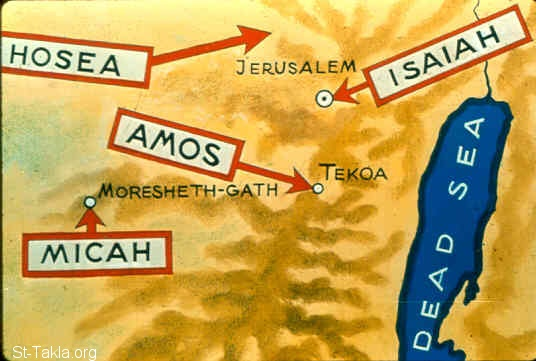
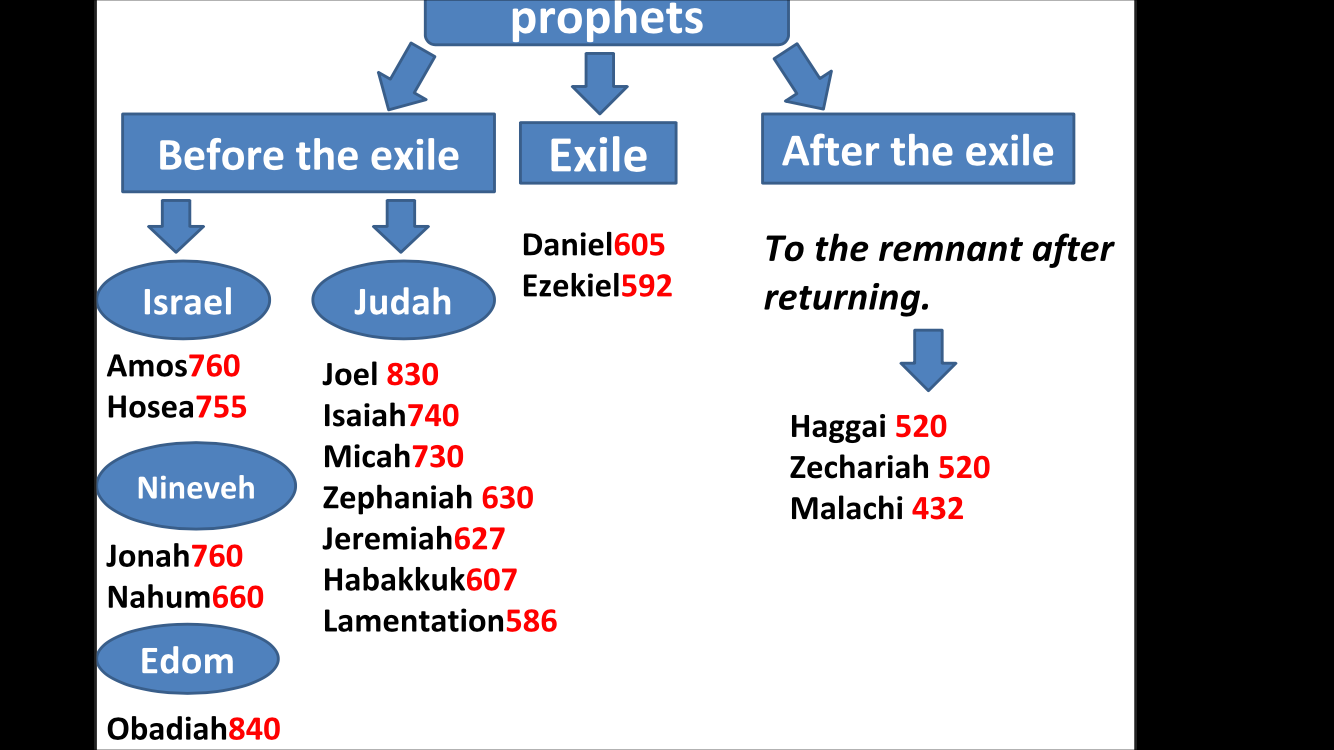
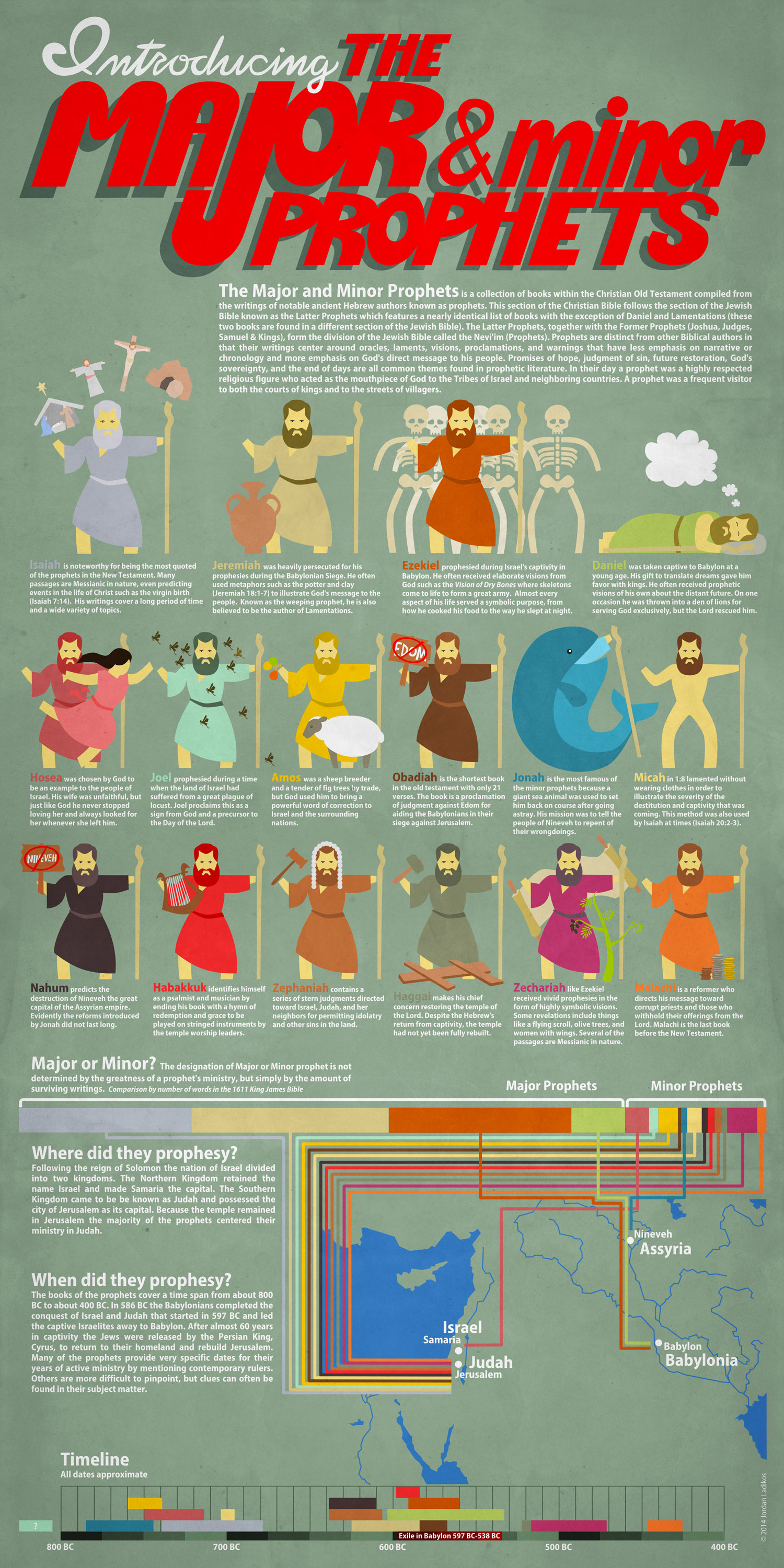
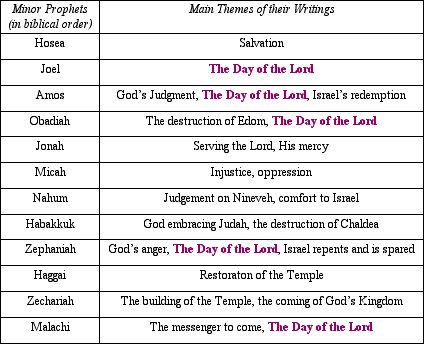
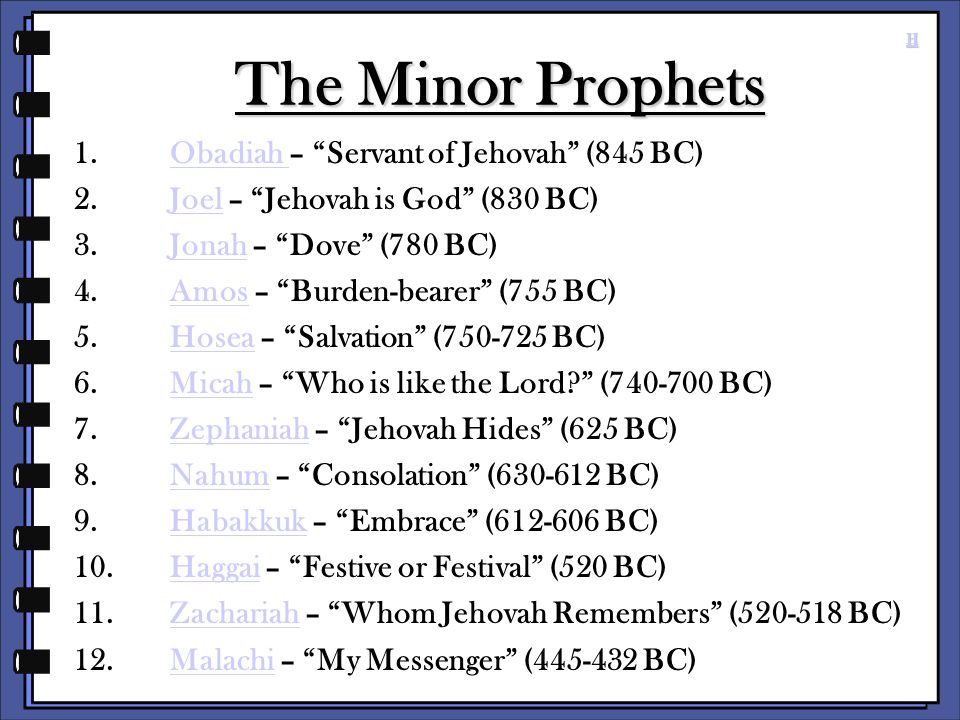
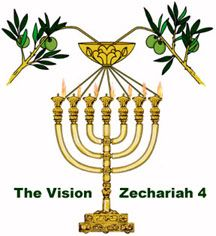
No comments to display
No comments to display